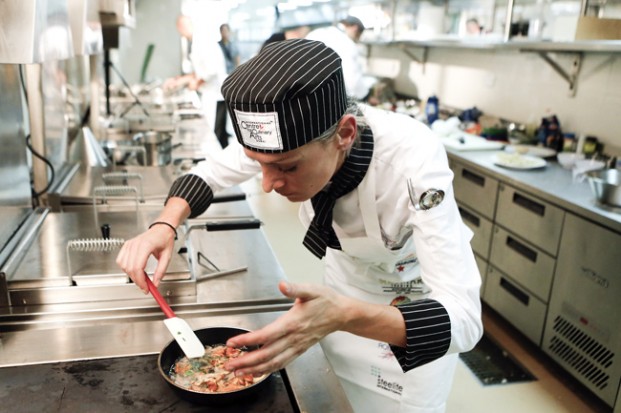 The hospitality industry is growing fast ? especially in Asia. Jones Lang LaSalle recently published data showing that?hotel investment in Asia has increased 85 percent?compared to last year?s figures. That?s an alarming increase in hospitality investments, and it indicates that the entire continent is going to be in serious need of highly qualified hospitality professionals in coming years.
The hospitality industry is growing fast ? especially in Asia. Jones Lang LaSalle recently published data showing that?hotel investment in Asia has increased 85 percent?compared to last year?s figures. That?s an alarming increase in hospitality investments, and it indicates that the entire continent is going to be in serious need of highly qualified hospitality professionals in coming years.
While Asia is posting some of the most impressive figures in this arena, the boom in hospitality and tourism is by no means limited to the Far East. Investment is on the rise all over the developing world. Across Europe, the Middle East and Africa (a region lumped together for statistical purposes and dubbed EMEA), the first six months of 2013 saw a nearly 40 percent increase in investment over the first half of the previous year.
In other words, growth in tourism and hospitality investment is a worldwide phenomenon. In fact, the World Travel & Tourism Council has extrapolated current ongoing trends and predicts that tourism will account for 10 percent of the global GDP in the next 10 years. By the year 2023, professionals with highly esteemed hospitality credentials will have no shortage of employment opportunities.
With that in mind, students who enroll in hospitality programs now are positioning themselves for serious advancement. They?ll graduate into a world that desperately needs their expertise. During the first few years of their careers, they are going to benefit from a disparity between professional demand and the supply of qualified employees. They?ll grow professionally along with the industry as whole, with the potential to inherit high-powered positions in one of the most lucrative sectors on the planet.
The importance of gaining experience early
As the hospitality industry grows, employers are going to have a keen eye out for candidates with professional experience. Industry veterans are going to be able to leverage their years of experience regardless of their qualifications ? at least in the early days of growth. This is where current students are wise to seek out programs that include the opportunity to gain professional experience while you study.
This begins on campus with hands-on practice. The best hotel schools and culinary programs include a significant amount of hands-on learning. Students begin in the classroom learning the latest theory and practices. However, they quickly put this to work in on-campus facilities.
The next stage of hands-on learning involves real-world placements. Competitive hospitality programs have strong industry links, and they leverage this in several ways. First of all, industry partnerships inform the curriculum, ensuring that the techniques and approaches that students are learning are relevant and applicable in the context of modern hospitality. Secondly, industry partnerships pave the way for work placements and, ultimately, employment.
Finding the right hospitality programs
Students currently comparing hospitality programs are wise to look for those that maintain strong industry links and networking opportunities. Scrutinize each school?s networks and track record to ensure that you end up in a program that can offer a head start on career opportunities once you graduate.
Click here to read more.

